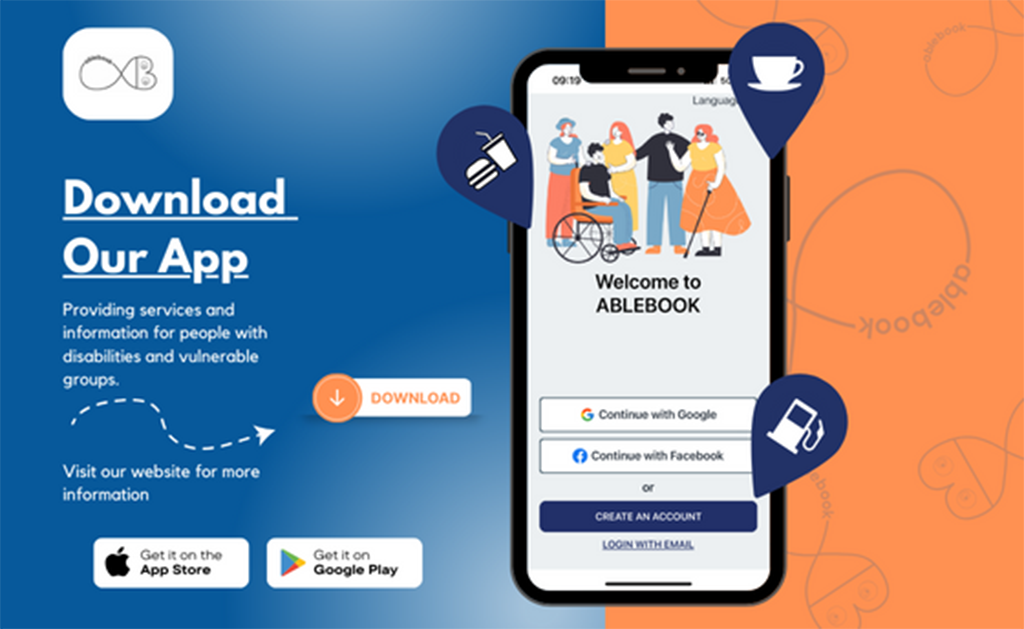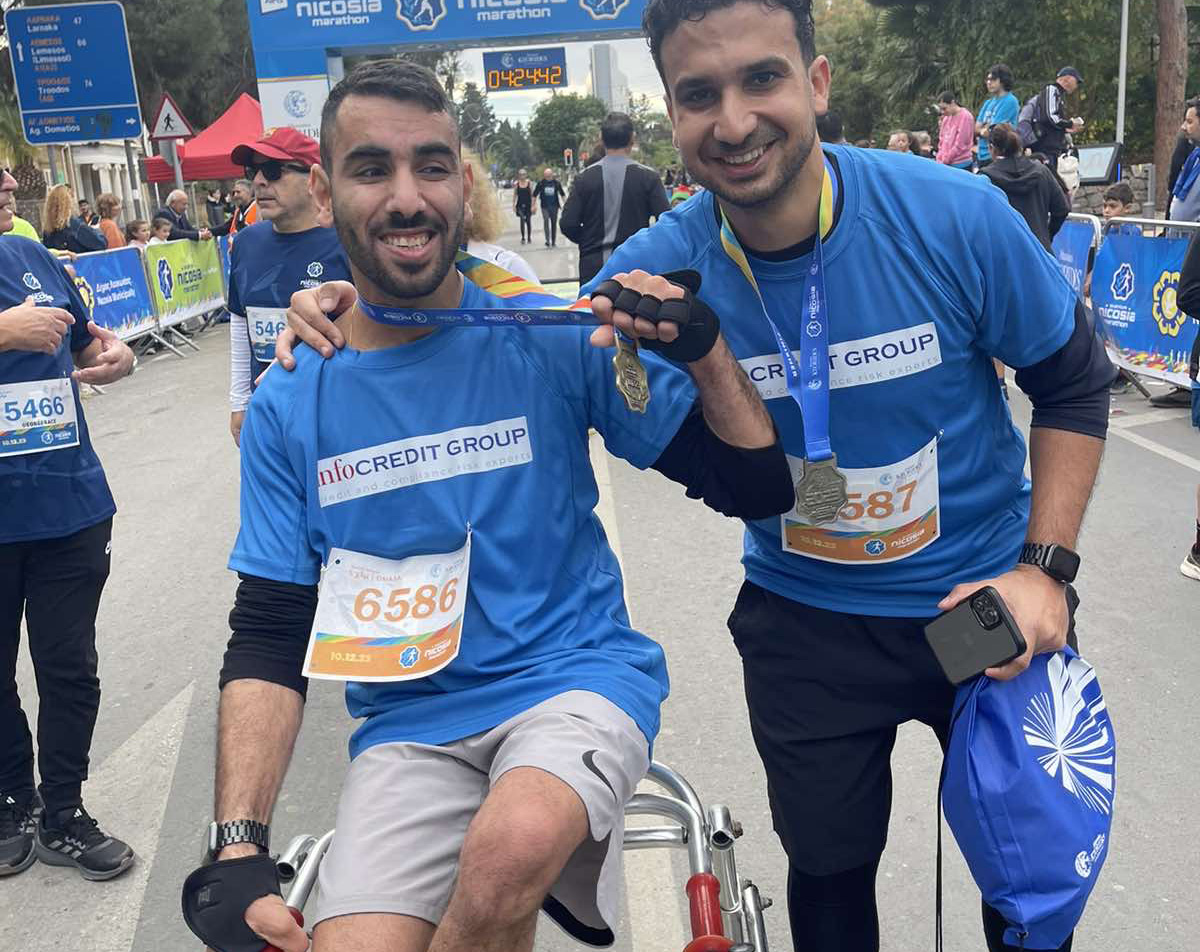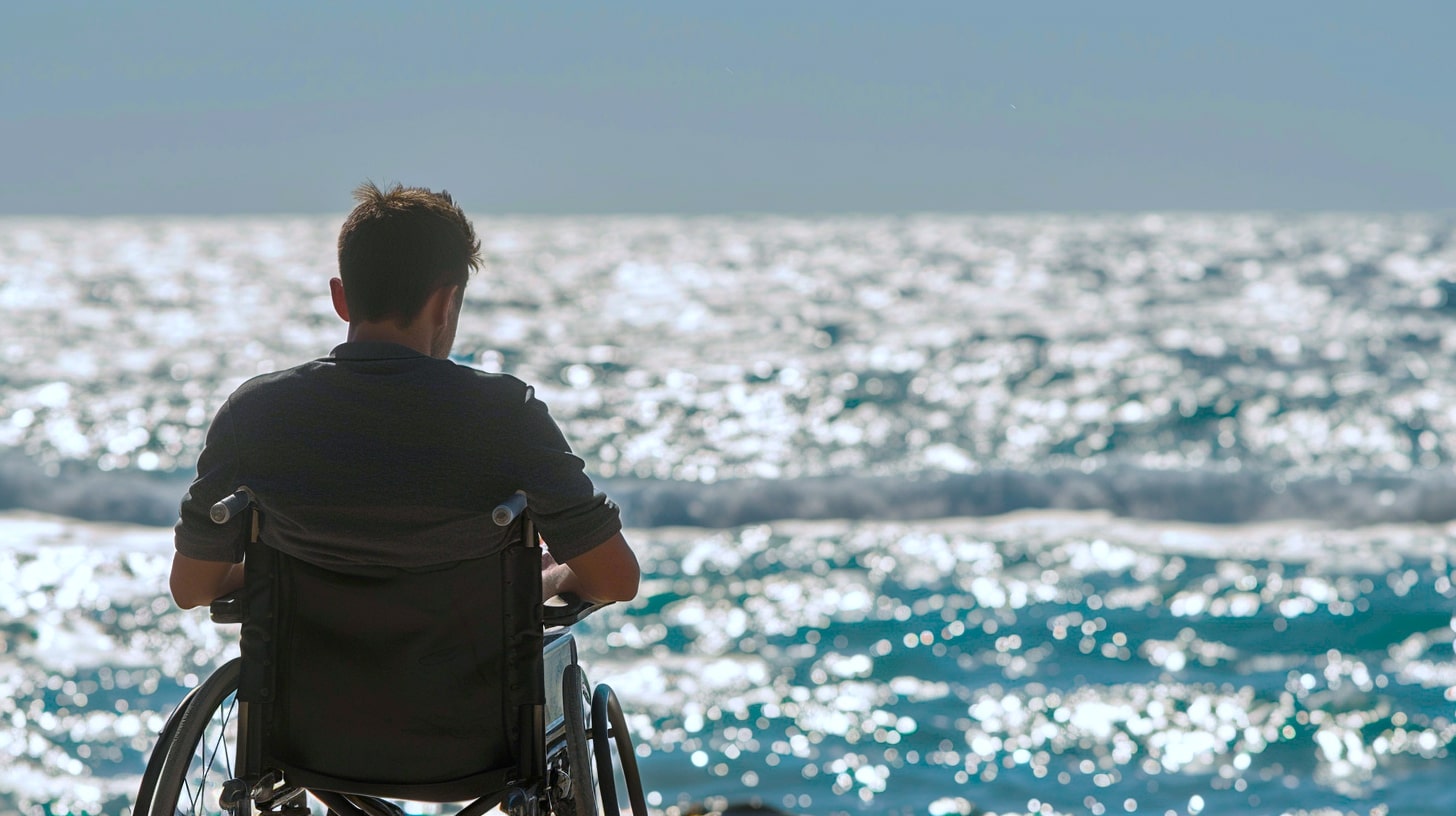At some point, every one of us is likely to face some sort of disability. Alix Norman asks if the island is ready for the challenge
Twenty five per cent of Cyprus’ residents recently admitted to being hampered in their daily activities. The cause? Physical or mental issues, infirmity, or illness. In short, disabilities.
The same survey saw Cyprus score the second highest in Europe for countries where disability leads to discrimination.
Which begs the question: if a quarter of the island’s population are genuinely struggling on a daily basis, why isn’t the government addressing the issue – both of disability and consequent discrimination? Why are solutions being left to charitable organisations and private individuals? Because ignoring these challenges doesn’t make them disappear…
“As a person with a congenital disability, I’ve faced huge problems my whole life,” says Andreas Vassiliou. “Social exclusion, both at work and in the social sphere, makes me feel rejected, and I have only found closed doors in the labour market.”
Twenty-nine-year-old Andreas, who was born with cerebral palsy, studied Electrical Engineering at university, gaining a Bachelors and a Masters in energy and automation. And yet, he adds, “no employer to date has given me the opportunity to practise my profession. Nobody will give me a job in Cyprus! Our society may say it supports people with disabilities, but there’s a difference between donating a little money and actively taking responsibility.”
In light of the current situation, Andreas and his childhood friend Symeon Stylianou have recently founded the non-profit AbleBook, a cost-free app that provides individuals with a wealth of accessibility information.

The app is still in its infancy. But it’s already making waves on the island, with over 3,000 active users underlining that AbleBook has significantly improved their ability to navigate public spaces, access essential services, and fully participate in social activities and cultural events.
“What we’re doing is digitising ALL the local accessibility-related information, creating an indispensable tool for people with disabilities in their everyday lives,” explains Andreas. “There’s an Interactive Map that explores available accessibility facilities through photos, interacts with businesses, and allows users to report issues directly to us for immediate resolution.
“We have a Kids’ Section, with comprehensive information on spaces catering to children with disabilities, including parks and gyms. A dedicated Portal that allows municipalities and businesses to update information on everything that might be useful to people with disabilities, including imagery and special opening hours. And a free membership card that gives anyone with a disability discounts and cashback at participating companies.”
If this sounds irrelevant to your daily existence, bear in mind that any one of us could develop a disability at any point. In fact, the AWS Foundation, which advocates for disability inclusion, has stated ‘we are all likely to be part of the disability group at some point in our lives – especially as we age.’
In Cyprus, that’s particularly bad news.
“Budget constraints, lack of awareness, bureaucratic processes, or prioritisation of other initiatives might all explain why the Cyprus government has not already addressed the issues of accessibility and discrimination,” suggests Andreas, who recently spoke in Parliament on the necessity of updating the island’s accessibility laws.

“Or perhaps they’re relying on innovation or partnerships with the private sector to address our needs…”
But this, he adds, then raises the thorny issue of economic viability: almost 40 per cent of Cyprus residents with a disability report having difficulty making ends meet, compared with the 25 per cent without a disability. And such private sector solutions would most likely cost money people simply don’t have.
“In Europe, 75 per cent of a disabled person’s salary is subsidised,” says Andreas. and all the laws concerning marriage and property are different. But in Cyprus, anyone with a disability who takes home more than €512 as a basic monthly salary immediately sees the difference deducted from their benefits (ΕΕΕ). So the incentive to work harder, get a better job, is removed.
“Similarly, anyone on these benefits with assets in excess of €20,000 is denied their minimum guaranteed benefits. And, something that’s really sad: a disabled person who marries sees their EEE benefits drastically reduced.
“Plus, employers fear the costs or potential difficulties that may arise from hiring people with disabilities, and this undoubtedly leads to discrimination in the labour market. I know of a blind person who was called for an interview at a legal firm,” Andreas recalls. “His lack of sight did not affect his ability to do the job but, as soon as the employer realised he had a disability, his interview was cancelled – no explanation given.”
The myriad of challenges (including accessibility, social exclusion, and employment access) faced by residents with disabilities are among the many issues AbleBook addresses.
“In Cyprus, anyone with a disability faces significant challenges,” says Andreas with a wisdom born of experience. “However, this is only being exacerbated by the lack of comprehensive information on accessible places and services…
“Put it like this: if you know where you can go in a wheelchair or on crutches, which public spaces, buildings and services are accessible; if you’re aware of disabled bathrooms and parking spaces and which are free right now; if you’re informed about quiet or sensory-friendly environments that accommodate mental health disabilities… Then you can begin to reap the benefits of more actively participating in your community, in work, in life.”
Many studies have proven that when reliable accessibility information is readily available, it empowers individuals with disabilities by providing them with the choices and tools necessary to lead more engaged and independent lives.
And whether or not the powers that be understand this, Andreas and Symeon certainly do…
“Imagine you wake up tomorrow with a condition that prevents you from working, from driving, from engaging in your usual daily routines. I’ve seen it happen,” Andreas says with sadness. “And it always comes as a shock.
“AbleBook is there to ensure you can access much-needed essential services and support. It’s there to help you maintain your independence and your dignity, come what may.”
For more information on AbleBook, visit https://ablebook.com.cy/






Click here to change your cookie preferences